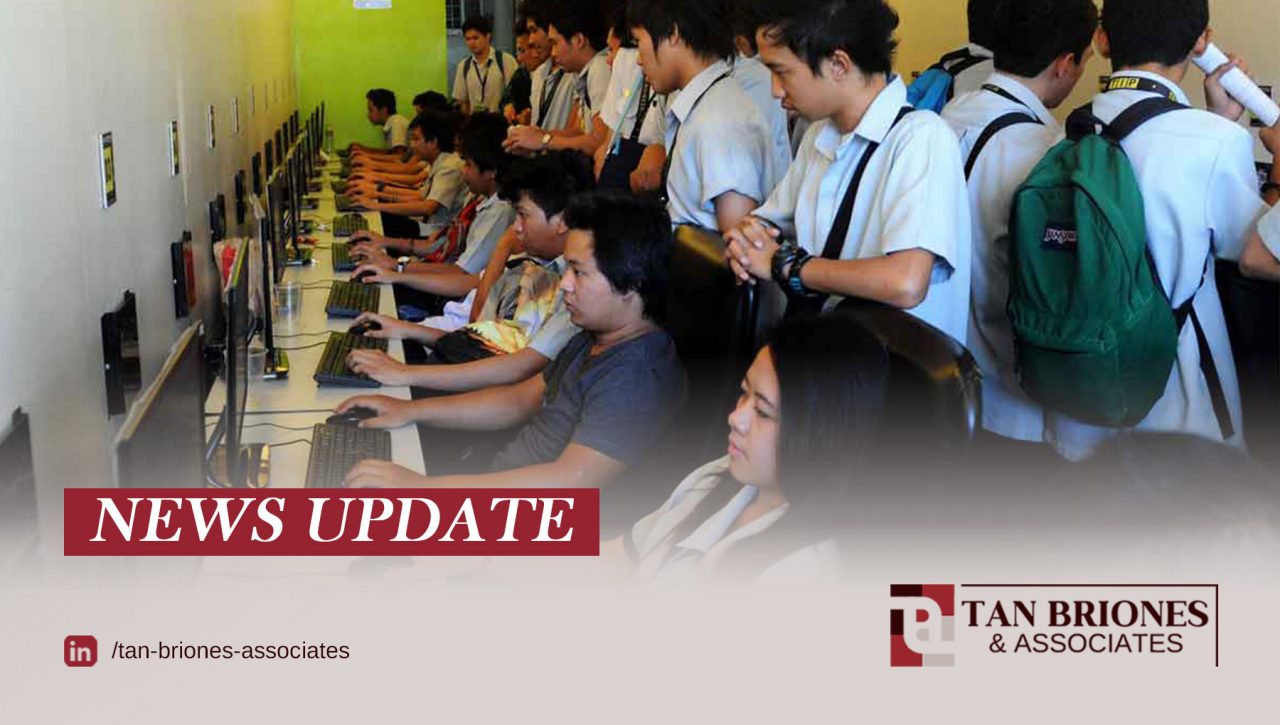
The Senate has unanimously approved a measure seeking to strengthen the country’s digital infrastructure and improve internet connectivity.
Senate Bill No. 2699, or the “Konektadong Pinoy Act,” which was certified urgent by President Ferdinand R. Marcos Jr., mandates key reforms to enhance data transmission services, modernize telecommunications regulations, and ensure fair competition in the industry.
The measure introduces four key reforms to enhance the country’s data transmission framework: simplifying the approval process for telecommunications companies, optimizing the management of radio spectrum, requiring infrastructure sharing among providers, and establishing performance standards to protect consumers.
To address delays in network expansion, the bill removes bureaucratic hurdles in securing permits for building telecommunications infrastructure.
It also enhances spectrum allocation and management to improve service quality and expand network coverage, ensuring efficient use of the country’s limited radio frequencies.
SB 2699 requires telecommunications companies to share infrastructure with new market entrants under an open-access model, fostering competition, reducing operational costs, lowering internet prices, and improving service reliability.
The measure mandates the National Telecommunications Commission (NTC) to establish clear performance standards for internet providers, ensuring consumers receive the advertised speed, reliability, and service quality they pay for.
Under the bill, the Department of Information and Communications Technology (DICT) and the NTC will also be tasked with monitoring compliance and imposing penalties on telecommunications providers that fail to meet minimum service requirements.
To further expand digital access, the bill allows emerging technologies like low-earth orbit satellites to enter the Philippine market, aiming to attract global satellite internet providers and extend connectivity to underserved areas.
Sen. Grace Poe, one of the proponents of the bill, emphasized the urgency of digital transformation in the country, pointing out that the World Bank’s 2024 Policy Paper identified outdated regulations as a major barrier to competition and investment in the telecommunications sector.
“This bill has been a long time coming. Simply put, the Philippines is one of the last countries still clinging to an outdated regulatory system,” Poe stressed.
Follow Tan Briones & Associates on LinkedIn for more legal updates and law-related articles.







